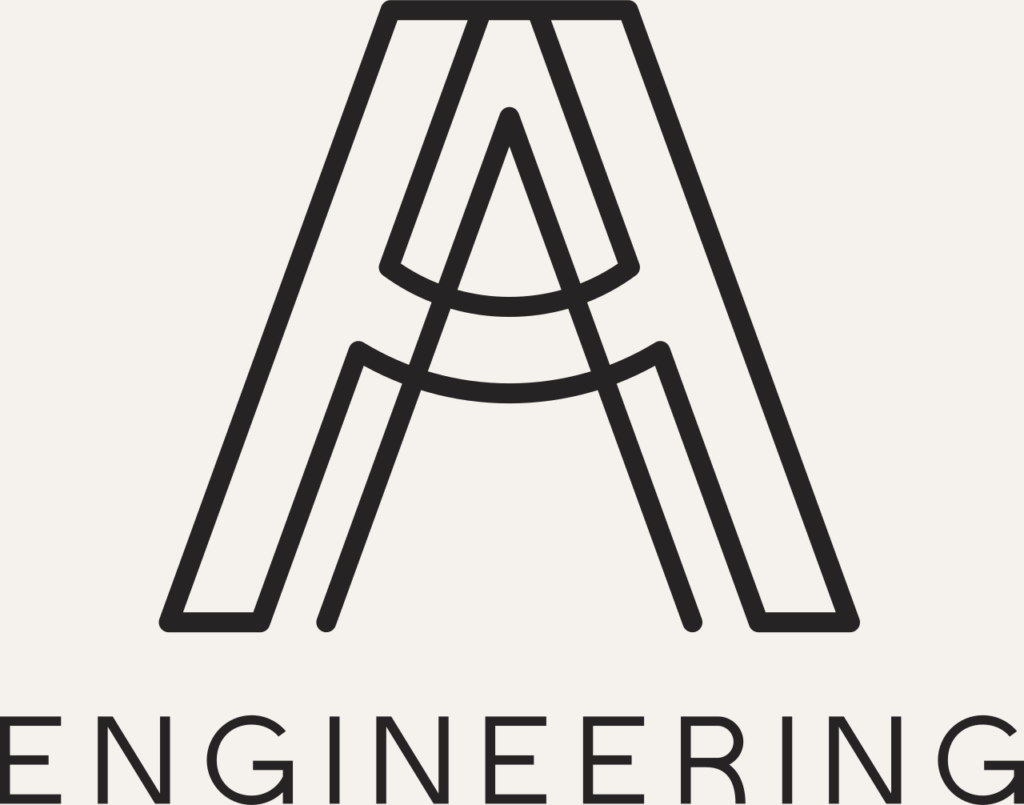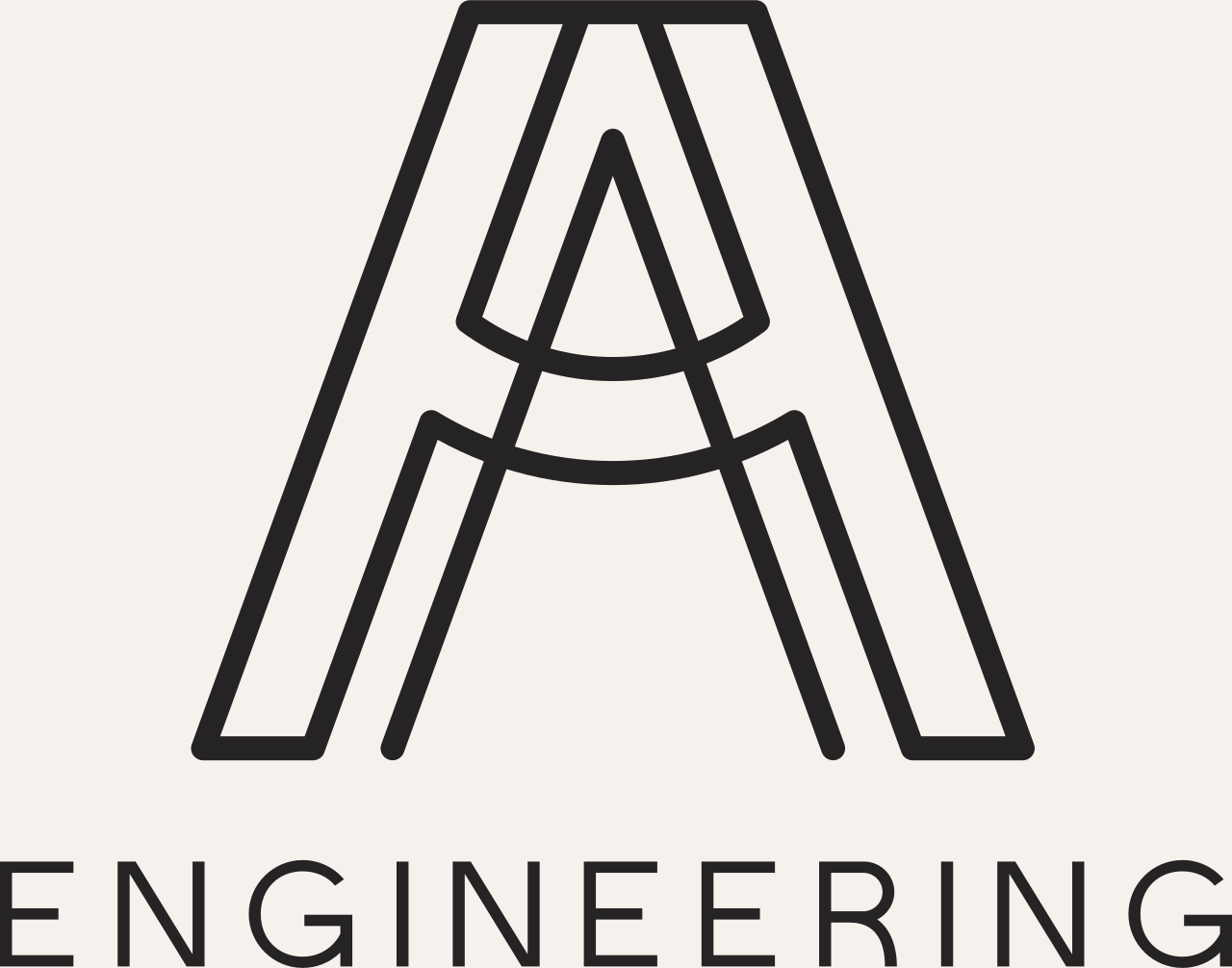Understanding Regulatory Compliance in Civil Engineering
Regulatory compliance in civil engineering refers to adhering to laws, standards, and guidelines that govern construction projects. In Georgia, particularly in areas like Duluth and Atlanta, local and state regulations play a critical role in ensuring safety, sustainability, and legal integrity for all civil projects. From managing drainage to ensuring structural integrity, compliance is not just a legal requirement—it’s essential for protecting communities and the environment.
For civil engineers and homeowners in Duluth and surrounding Atlanta areas, this includes understanding local zoning laws, stormwater ordinances, and Georgia-specific environmental guidelines. For example, Gwinnett County (home to Duluth) has stringent stormwater management policies to mitigate flooding risks and preserve water quality. Navigating these regulations ensures your project is not only successful but also aligns with local expectations.
The Importance of Regulatory Compliance in Georgia
- Safety – Compliance with Georgia building codes guarantees that structures can withstand environmental stresses and everyday use. From residential properties to commercial developments, engineers must meet specific load-bearing, fire safety, and design standards.
- Environmental Responsibility – Cities like Atlanta and Duluth are increasingly adopting policies to manage stormwater runoff and promote sustainability. Compliance with the Georgia Erosion and Sedimentation Act, for example, ensures that construction projects reduce soil erosion and prevent waterway pollution.
- Legal and Financial Security – Avoiding regulatory compliance can result in fines, project delays, or even legal action. By following local ordinances and Georgia Environmental Protection Division (EPD) requirements, projects can move forward efficiently without unnecessary setbacks.
Key Regulations for Civil Engineering in Duluth and Atlanta
- Stormwater Management Ordinances: Gwinnett County’s regulations require developers to implement drainage solutions that manage peak flows and prevent flooding. This includes designing retention or detention systems and following best practices for erosion control.
- Building and Safety Codes: Compliance with Georgia State Minimum Standard Codes ensures the stability and safety of all structures, whether residential, commercial, or infrastructure-based.
- Zoning Regulations: Each municipality, including Duluth and Atlanta, has zoning ordinances that dictate how land can be used and what types of structures are allowed. Understanding these early in the project prevents costly redesigns and delays.
Challenges in Meeting Georgia’s Regulatory Requirements
One challenge faced by engineers and project managers in Duluth and Atlanta is staying up to date with evolving regulations. Changes to stormwater policies, building codes, and environmental guidelines can significantly impact project feasibility. Another challenge is ensuring collaboration between stakeholders, including contractors, local agencies, and property owners, to address compliance needs effectively.
Best Practices for Compliance in Duluth and Atlanta
- Develop a Compliance Plan – Start every project by researching local Duluth ordinances and state regulations. Create a structured compliance roadmap to guide each phase of development.
- Stay Educated – Continuous training on Georgia-specific policies and advancements in civil engineering practices ensures projects remain compliant.
- Leverage Technology – Use project management tools to track compliance deadlines, monitor erosion control measures, and document adherence to stormwater management plans.
The Future of Regulatory Compliance in Georgia
Georgia, like many states, is advancing its focus on sustainability and environmental protection. For cities like Atlanta and Duluth, this includes stricter stormwater management protocols and increased accountability for developers to minimize environmental impacts. Digital tools and data-driven approaches will play a larger role in helping engineers forecast compliance challenges and streamline project approvals.
Conclusion: Building a Compliant Future for Duluth and Atlanta
Regulatory compliance is a cornerstone of successful civil engineering projects in Duluth, Atlanta, and across Georgia. Whether managing drainage, meeting safety standards, or navigating zoning laws, understanding these requirements is essential for creating safe, sustainable, and legally sound projects. By staying informed and proactive, engineers and developers can protect their communities, minimize risks, and contribute to a thriving local environment.







